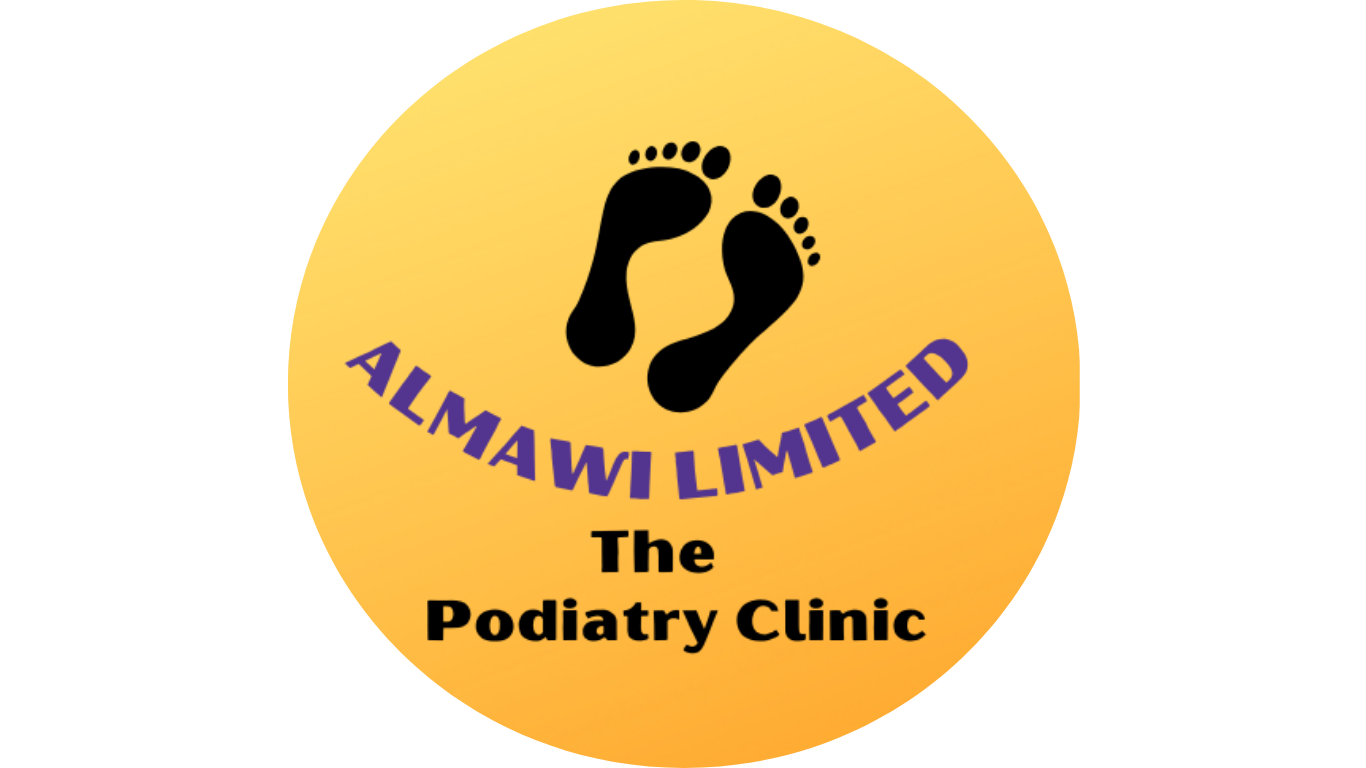
Taking Care of Those Working Feet
Once your job entails standing or walking for extended periods, your feet are going to feel the effects. Imagine twice your body weight in force occurs through your feet and legs, with every step you take. Your feet take a lot of force over extended periods of time; pain is therefore common in the heel, balls of the feet, and arches; sometimes on the instep.
Heel pain is one the most common conditions treated by podiatrists. The way your foot rotates, can be a contributing factor to heel pain. The stress may also result from: injury, a bruise incurred while walking on hard surfaces, or from wearing poorly constructed footwear.
Risk Factors
Overuse injuries are prevalent for people who are on their feet for long periods of time. Proper foot care is paramount to relieving discomfort and preventing more serious injuries from occurring. When your feet are sore and tired, you are at increased risk of tripping and falling. Hard surfaces like concrete lack flexibility, so connecting with them multiply ground force with every step.
Poor footwear choices
This includes shoes that are unsupportive, or lack appropriate protection. Your toes should not touch the end of your shoes. If you can see the outline of your feet pressing against your shoes, they are probably the wrong size.
Regular high heel wearers place more pressure on the balls of their feet and walk less efficiently than wearers of flat shoes. The effect of wearing high heels for more than 40 hours per week shortens your calf muscle, and actually changes your stride, even when the heels are off.
High heels can contribute to many foot discomforts including:
- Corns and calluses
- Bunions
- Hammer/ clawed toes
- Nerve and ligament damage resulting from the huge amount of pressure placed on the balls of your feet.
These irritations can all lead to more serious issues, as you alter your walking style to compensate for painful areas/injury. In turn, more serious problems with the knees, hips and spine can result.
Common overuse issues
These include repetitive strain injuries to the Achilles tendon; stress fractures through constant force applied to the feet; arch pain as arches can become strained through long periods of standing and carrying weight; and heel pain.
How can the problems be avoided /eliminated?
Wear supportive footwear
Shoes that are properly fitted with a toe box area to suit feet, sturdy heel box, good arch support, and appropriate cushioning are recommended to reduce discomfort and prevent injury. Footwear should be secured on the feet with laces, straps, or buckles. If your feet have to work to hold your shoes in place, your foot muscles may be strained.
Change position regularly
Keep your muscles mobile, keeping joints flexible by moving around is just as important as sitting down and having a rest at regular intervals. Make sure you change positions frequently, so that any one particular muscle group isn’t getting more strain than another.
Take care of your feet at home
Many foot problems can be prevented simply by keeping feet clean and dry; inspecting them for corns, calluses and cuts; and keeping your nails in good condition. Your feet are more susceptible to injury if you are on your feet all day, so looking after your feet will make your working life easier and pain free.
What can a Podiatrist do for you?
Podiatrists are health professionals trained to help prevent, diagnose, treat, and rehabilitate medical and surgical conditions of the feet. Interventions include:
Managing existing injuries
If you are suffering from foot pain, we can recommend treatments for more support throughout the day, and relieve any discomfort. Additionally, the cause can be isolated, to prevent the problem from recurring.
Biomechanical assessments
We conduct assessments to investigate your posture, and the way your lower limbs function. Compensation for any slight abnormalities in your feet or legs is checked too; a treatment plan is then developed.
Advice on appropriate footwear
The importance of workplace-appropriate footwear shouldn’t be ignored, and for many jobs, safety or protective shoes are mandatory for good reason. We can provide expert advice to ensure you have maximum comfort at work.
Fitting of orthotics
We can fit you with orthotics to provide extra support, and reduce muscle, tendon and ligament strain. As well, they provide support to adjust the balance of the shoe, thereby redistributing your weight over the whole foot, instead of just to the front or heel.
Your feet mirror your general health . . . cherish them!

 WhatsApp us!
WhatsApp us!
Great post. I was checking continuously this blog and
I’m impressed! Extremely useful info particularly the last part 🙂 I care for such info a lot.
I was seeking this particular information for a long time.
Thank you and good luck.